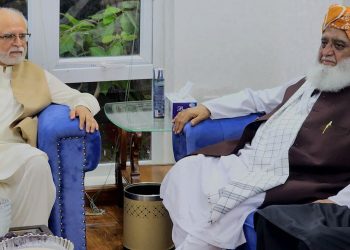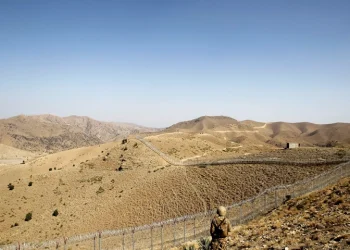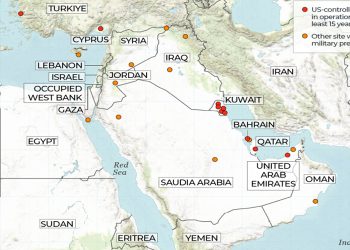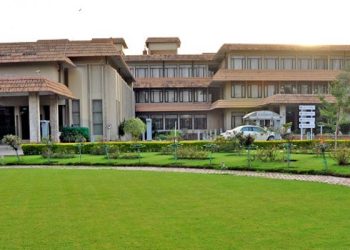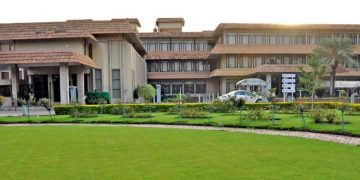The Pakistan-China Institute has published a significant policy report titled “16 Hours That Reshaped South Asia,” declaring May 10 as a turning point in regional history and a moment of strategic victory for Pakistan.
The report claims that Indian Prime Minister Narendra Modi miscalculated the situation, which resulted in Pakistan gaining clear strategic and military superiority. It emphasizes that a full-scale war between India and Pakistan is now unlikely due to the restoration of the balance of defensive power.
Describing May 10 as “Pakistan’s finest hour,” the report praises the skill and preparedness of Pakistan’s Air Force pilots, stating that their training played a decisive role in countering Indian aggression during the recent escalation.
Senator Mushahid Hussain, chairman of the Pakistan-China Institute, highlighted that Pakistan’s successful military response restored deterrence in the region.
He added that China has now emerged as an active stakeholder in the Kashmir conflict, signaling a shift in the geopolitical equation.
Key Recommendations from the Report:
Strengthen strategic ties with allies such as China, Türkiye, Azerbaijan, Iran, and Saudi Arabia.
Adopt a legal strategy to safeguard Pakistan’s rights under the Indus Waters Treaty.
Internationalize India’s RSS-inspired Hindutva ideology by raising it before Western legal and human rights platforms.
The report urges Pakistani policymakers to build on the diplomatic and military gains of May 10 and deepen partnerships that align with Pakistan’s long-term security and sovereignty.














